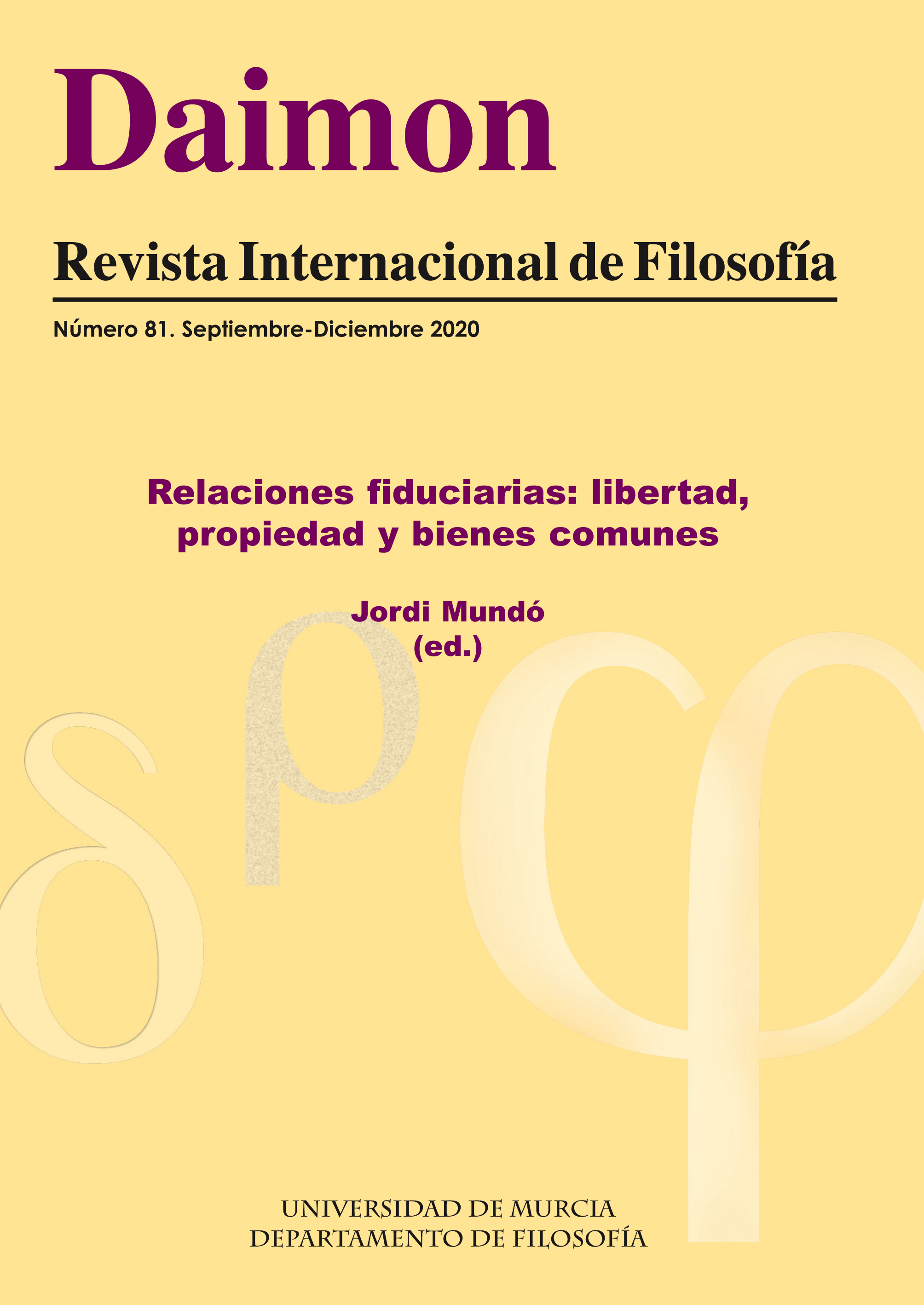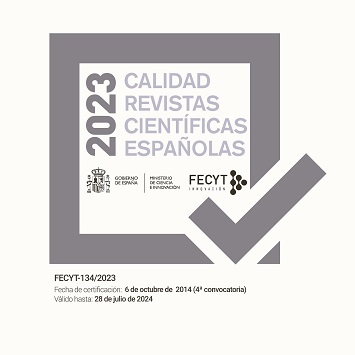Thomas Skidmore et le droit de transmettre et d’hériter
Abstract
Born in 1790 and victim of the cholera pandemics in 1832, Thomas Skidmore is one of the main representatives of agrarianism in the United states during the first half of the XIXth century. Inspired by the principles Thomas Paine had put forth in Agrarian justice, Skidmore publishes in 1829 a book entitled The rights of man to property in which he states the consequences of the idea that, the world being the common property of all men, every individual has an imprescriptible right to an equal share of natural resources. Among those consequences is the claim that such a principle makes any right of bequest and inheritance absolutely impossible, since such a right would make it impossible that each new individual arriving in the world has an effective right of access to the just share of property he is entitled to. Skidmore builds in consequence a precise explanation of the reasons why the testator, after his death, can no longer have any right over the properties he owned during his lifetime.
Downloads
References
Appleby, J. (2003), Thomas Jefferson, Henry Holt: New York.
Fleischacker, S. (2004), A Short History of Distributive Justice, Cambridge: Harvard University Press.
Freyfogle, E. T. (2007), Private property correcting the half truths, Planning and Environmental Law, volume 59, 10, pp. 3-11.
Horne, T. A. (2011), Property rights and poverty. Political argument in Britain 1650-1830, Chappel Hill: University of North Carolina Press.
Katz, N. (1976), Thomas Jefferson and the Right to Property in Revolutionary America, The Journal of Law & Economics, 19 (3), pp. 467-488.
Lause, M. (1984), Amos Gilbert, A Sketch of the Life of Thomas Skidmore, With Appended Selections from Skidmore’s Rights of Man to Property, Introduced, annotated & edited by Mark A. Lause, Chicago: Charles H. Kerr Publishing Company.
Mancilla, A. (2016), The Right of Necessity: Moral Cosmopolitanism and Global Poverty, London: Rowman and Littlefield.
Nelson, E. (2019), The theology of Liberalism: Political Philosophy and the Justice of God, Cambridge: Harvard University Press.
Ogilvie, W. (1782), An essay on the right of property in land, printed by J. Walter, Charing Cross: London.
Paine, T. (1797), Agrarian justice, printed by R. Folwell for Benjamin Franklin Bache, Philadelphia.
Pessen, E. (1954), Thomas Skidmore, Agrarian reformer in the early american labor movement, New York History, 35, pp. 280-296.
Pessen, E. (1967), Most uncommon Jacksonians: The radical leaders of the early labor movement, Albany: State University of New York Press.
Piketty, T. (2019), Capital et Idéologie, Paris: Le Seuil.
Schlatter, R. (1973), Property, the History of an Idea, New York: Russell and Russel.
Skidmore, T. (1829), The rights of man to property, being a proposition to make it equal among the adults of the present generation and to provide for its equal transmission to every individual of each succeeding generation on arriving at the age of maturity, printed for the author by Alexander Ming, New York.
Spence, T. (1775), The Real rights of Man. A lecture read at The Philosophical Society, Newcastle upon Tyne, November 8th.
Spitz, J-F. (2019), «Droit de propriété et droit de nécessité chez Grotius. Les fondements philosophiques de l’État social», Revue d’histoire de la pensée économique, 8 (2), pp. 125-151.
Las obras que se publican en esta revista están sujetas a los siguientes términos:
1. El Servicio de Publicaciones de la Universidad de Murcia (la editorial) conserva los derechos patrimoniales (copyright) de las obras publicadas, y favorece y permite la reutilización de las mismas bajo la licencia de uso indicada en el punto 2.
2. Las obras se publican en la edición electrónica de la revista bajo una licencia Creative Commons Reconocimiento-NoComercial-SinObraDerivada 3.0 España (texto legal). Se pueden copiar, usar, difundir, transmitir y exponer públicamente, siempre que: i) se cite la autoría y la fuente original de su publicación (revista, editorial y URL de la obra); ii) no se usen para fines comerciales; iii) se mencione la existencia y especificaciones de esta licencia de uso.
3. Condiciones de auto-archivo. Se permite y se anima a los autores a difundir electrónicamente las versiones pre-print (versión antes de ser evaluada) y/o post-print (versión evaluada y aceptada para su publicación) de sus obras antes de su publicación, ya que favorece su circulación y difusión más temprana y con ello un posible aumento en su citación y alcance entre la comunidad académica. Color RoMEO: verde.













